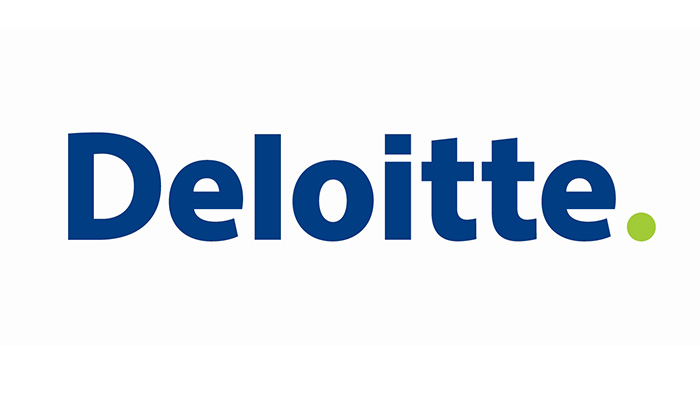
Deloitte: Boardrooms aware of cyber risks, not equipped with experts
Boardrooms’ awareness of cyber risks has been recently growing in Europe, Middle East and Africa, with cyber security ranking far up on the agendas of non-executive directors in the region, according to Deloitte’s recent report entitled “EMEA 360 Boardroom Survey: Agenda priorities across the region.” The report reveals that innovation is also gaining ground with 60% of respondents ranking it as a very important issue. These findings among others were the focal point of the Deloitte report highlighting the views of 271 non-executive directors across 20 countries in EMEA.
“This Deloitte study is unique because it provides an exclusive perspective on the issues boards of directors in the region are currently facing,” said Rami Wadie, Enterprise Risk Services partner and Corporate Governance leader at Deloitte in the Middle East. “Whereas board effectiveness in the Middle East has been a key issue in the past 12 months, concerns about global recovery are expected to become more significant, which may be a reflection of the current and perceived future state of the oil industry and forecast oil prices.”
Highlights from the Deloitte report include the following:
Growing relevance of cyber security
According to the survey, cyber security has become a far more important issue for non-executive directors, ranking it far higher on their agenda for the next 12-24 months in comparison to the past year.
When asked to rate board awareness of cyber risks, only 48% gave a high rating, while 20% gave a low one. Despite its importance, less than half of respondents said that their organisation currently has an action plan in place to deal with cyber security of which 5% said they have nominated a board member as the cyber security expert with the remainder either believing that this was a matter for collective board responsibility or that management dealt with it.
Notable differences are found between industries; among the respondents within manufacturing industry, cyber security ranks high on the board agenda for only 38%. In the life sciences sector, although half of respondents indicated a high level of awareness, 33% gave it a low ranking.
“Cyber security is one of the biggest future threats for companies. The boards have to be aware of the dangers that come with further digitisation. But so far many companies still sleep on the possible threats for their business – they have to take action, the sooner the better,” explains Wadie.
Innovation gains in importance
The results of the survey show that innovation is high up the board‘s agenda. Product innovation was the area receiving the most attention of board members (63%), followed by business model innovation with 49%. Digital innovation is also an important component of many organisations’ innovation plans (47%). Only 9% of respondents said that their organization did not have an innovation plan, and a further 6% indicated that an innovation plan was still in the process of development.
Digitization on the rise
Digitization has also become much more important, rising by seven places in the ranking due to its broad and ever increasing reach. Data analytics, the Internet of Things, robotics and other innovations are new technological possibilities that affect all industries, with new digital competitors are emerging to challenge incumbents in many traditional sectors.
Considering those rankings, Wadie commented: “Digitization is a hot topic for board members. The worldwide trend is of enormous strategic significance for companies; therefore it is also important that the topic is ranked highly on the boards agendas.”
Boardroom diversity
When asked about the future skills requirements for the board, knowledge of the industry (74%) and factors relating to the future development goals of the organization were among the most prominent responses by interviewees. While skill requirements are at the discretion of the board, other criteria for boardroom diversity may be imposed by legal requirements or corporate governance code guidelines (particularly in relation to gender). When asked about the criteria used to select board members, 70% of respondents identified professional qualifications, 55% gender and 45% internationalization of the organisation and its board membership.



























